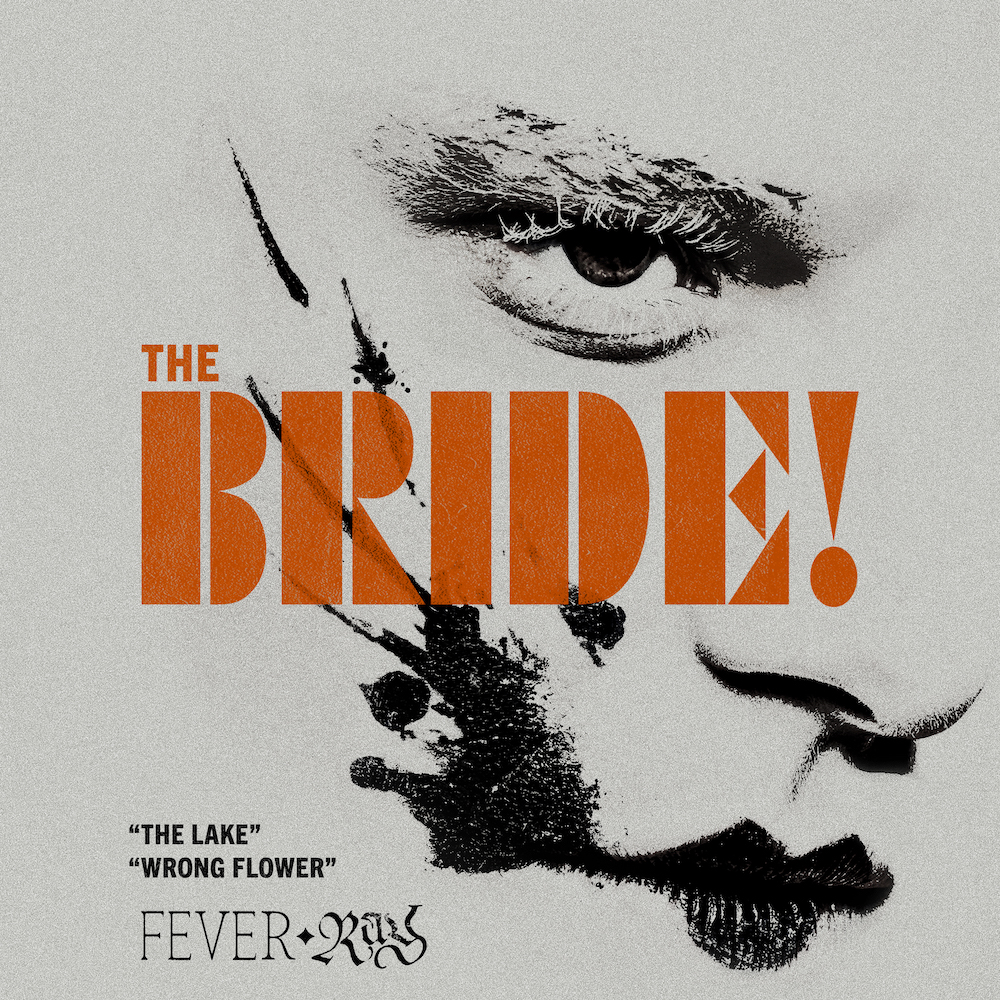Rick Ross is apparently feeling confident after his recent court victory over cocaine kingpin "Freeway" Ricky Ross, in which a judge ruled that the rapper (born William Leonard Roberts) has the right to build a fictionalized identity around the drug dealer's name for First Amendment reasons. Ross the rapper is feeling so confident, in fact, that he's suing somebody else for strikingly similar reasons. According to The Hollywood Reporter, Ross and Jermaine Jackson are going after LMFAO for using the phrase "Everyday I'm shufflin'" on their 2011 global #1 hit "Party Rock Anthem." Ross claims the phrase is derivative of "Everyday I'm hustlin'," the hook from his breakout 2006 hit "Hustlin'." Which, yes, of course it is. In the suit's official language:
The use of "Hustlin'" in "Party Rock Anthem" is readily apparent, despite the slight change from "Everyday I’m hustlin'" to "Everyday I'm shufflin'" and constitutes, inter alia, the creation of an unauthorized derivative work... The phrase is so important to the success of "Party Rock Anthem," that LMFAO launched a highly successful clothing line, Party Rock Clothing, that features the phrase on T-shirts and other clothing items.
So Ross is saying LMFAO took something that was originally his, tweaked it slightly but significantly, and are now profiting from it? Isn't that exactly why "Freeway" Ricky Ross sued him? To be fair, there is a difference between creating a fantastical character based on someone else's identity and writing a lyric by slightly altering a preexisting lyric. But aren't the same principles of creative freedom vs. intellectual property protection at work? Aren't the evolution of slang phrases and the evolution of pop music inextricably intertwined? It's not on the level of Marvin Gaye's estate suing Robin Thicke for essentially being influenced by Gaye's music, but to me this seems like a stretch. Yes, the similarity is blatant, but that's how culture evolves. Judge for yourself below.
[videoembed size="full_width" alignment="center"][/videoembed]
[videoembed size="full_width" alignment="center"][/videoembed]






